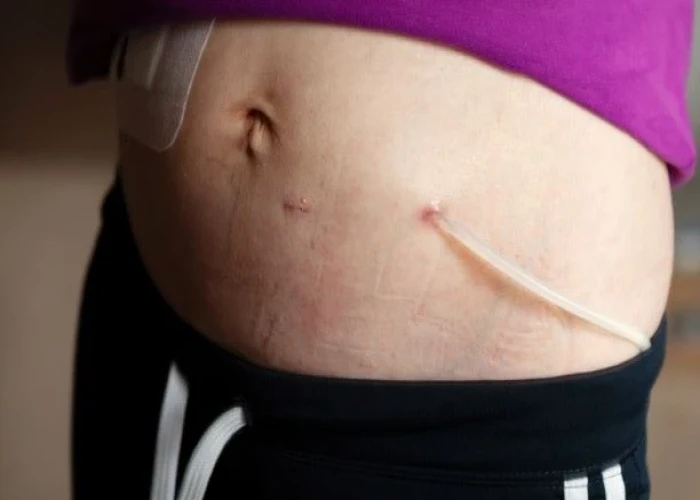 Welcome
Welcome
“May all be happy, may all be healed, may all be at peace and may no one ever suffer."
Peritonitis
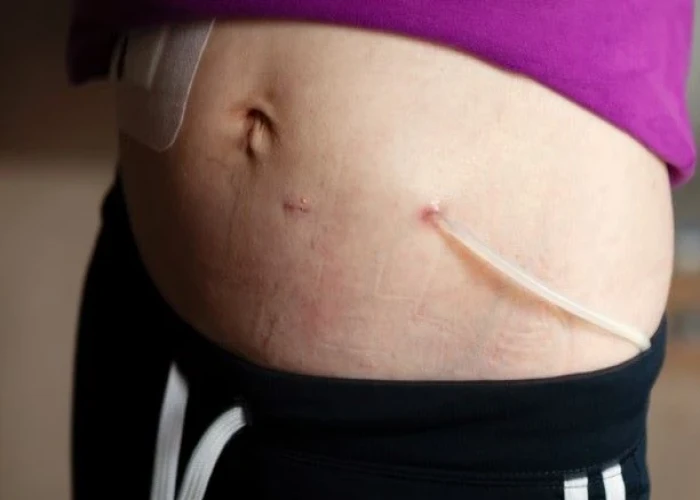
Peritonitis is an inflammation of the peritoneum, which is the thin layer of tissue that lines the inside of the abdomen and covers the abdominal organs. It is typically caused by an infection, and can be a serious and potentially life-threatening condition if not treated promptly.
The most common cause of peritonitis is a bacterial infection that enters the peritoneum through a perforation or rupture in the digestive system, such as a perforated ulcer or a burst appendix. Other causes may include pancreatitis, pelvic inflammatory disease, and abdominal trauma.
Symptoms of peritonitis may include:
- Severe abdominal pain or tenderness
- Swelling or bloating of the abdomen
- Fever and chills
- Nausea and vomiting
- Loss of appetite
- Inability to pass gas or have a bowel movement
Diagnosis of peritonitis may involve a physical exam, blood tests, imaging studies such as CT scans or X-rays, and analysis of peritoneal fluid obtained through a procedure called paracentesis. Treatment typically involves antibiotics to fight the underlying infection, as well as surgical repair of any perforations or injuries that are causing the inflammation. In some cases, the infected fluid may need to be drained from the abdomen through a procedure called peritoneal lavage.
The prognosis for peritonitis depends on the underlying cause, the severity of the infection, and how quickly treatment is initiated. With prompt and appropriate treatment, most people with peritonitis can recover fully. However, delayed treatment or severe cases of peritonitis can lead to complications such as sepsis or organ failure.
Research Papers
Disease Signs and Symptoms
- Abdomen pain
- Bloating or a feeling of fullness in your abdomen
- Excess protein or cloudy urine (proteinuria)
- Confusion (Hallucinations)
- Fatigue (Tiredness)
- Excessive thirst
- Low amount of urine
- Diarrhea
- Loss of appetite
- Nausea or vomiting
- Fever
- Abdominal tenderness
- Loss of interest in daily activities
Disease Causes
Peritonitis
Infection of the peritoneum can happen for a variety of reasons. In most cases, the cause is a rupture (perforation) within the abdominal wall. Though it's rare, the condition can develop without an abdominal rupture.
Common causes of ruptures that lead to peritonitis include:
- Medical procedures, such as peritoneal dialysis. Peritoneal dialysis uses tubes (catheters) to remove waste products from your blood when your kidneys can no longer adequately do so. An infection may occur during peritoneal dialysis due to unclean surroundings, poor hygiene or contaminated equipment. Peritonitis may also develop as a complication of gastrointestinal surgery, the use of feeding tubes, or a procedure to withdraw fluid from your abdomen, and rarely as a complication of a colonoscopy or endoscopy.
- A ruptured appendix, stomach ulcer or perforated colon. Any of these conditions can allow bacteria to get into the peritoneum through a hole in your gastrointestinal tract.
- Pancreatitis. Inflammation of your pancreas (pancreatitis) complicated by infection may lead to peritonitis if the bacteria spreads outside the pancreas.
- Diverticulitis. Infection of small, bulging pouches in your digestive tract (diverticulosis) may cause peritonitis if one of the pouches ruptures, spilling intestinal waste into your abdominal cavity.
- Trauma. Injury or trauma may cause peritonitis by allowing bacteria or chemicals from other parts of your body to enter the peritoneum.
Peritonitis that develops without an abdominal rupture (spontaneous bacterial peritonitis) is usually a complication of liver disease, such as cirrhosis. Advanced cirrhosis causes a large amount of fluid buildup in your abdominal cavity. That fluid buildup is susceptible to bacterial infection.
Disease Prevents
Peritonitis
Often, peritonitis associated with peritoneal dialysis is caused by germs around the tube (catheter). If you're receiving peritoneal dialysis, take the following steps to prevent peritonitis:
- Wash your hands, including underneath your fingernails and between your fingers, before touching the catheter.
- Clean the skin around the catheter with an antiseptic every day.
- Store your supplies in a sanitary area.
- Wear a surgical mask during your dialysis fluid exchanges.
- Talk with your dialysis care team about proper care for your peritoneal dialysis catheter.
If you've had peritonitis before or if you have peritoneal fluid buildup due to a medical condition such as liver cirrhosis, your doctor may prescribe antibiotics to prevent peritonitis. If you're taking a proton pump inhibitor, your doctor may ask you to stop taking it.
Disease Treatments
Spontaneous bacterial peritonitis can be life-threatening. You'll need to stay in the hospital. Treatment includes antibiotics and supportive care.
You'll also need to stay in the hospital for peritonitis that's caused by infection from other medical conditions (secondary peritonitis). Treatment may include:
- Antibiotics. You'll likely be given a course of antibiotic medication to fight the infection and prevent it from spreading. The type and duration of your antibiotic therapy will depend on the severity of your condition and the kind of peritonitis you have. You may be given an antibiotic that treats a wide spectrum of bacteria until doctors have more information about the specific bacteria causing your infection. Then they can more narrowly target your antibiotic.
- Surgery. Surgery is often needed to remove infected tissue, treat the underlying cause of the infection, and prevent the infection from spreading, especially if peritonitis is due to a ruptured appendix, stomach or colon.
- Other treatments. Depending on your signs and symptoms, your treatment while in the hospital will likely include pain medications, fluids given through a tube (intravenous fluids), oxygen and, in some cases, a blood transfusion.
If you're undergoing peritoneal dialysis
If you have peritonitis, your doctor may recommend that you receive dialysis in another way for several days while your body heals from the infection. If peritonitis persists or recurs, you may need to stop having peritoneal dialysis entirely and switch to a different form of dialysis.
Disease Diagnoses
Disease Allopathic Generics
Disease Ayurvedic Generics
Disease Homeopathic Generics
Disease yoga
Peritonitis and Learn More about Diseases
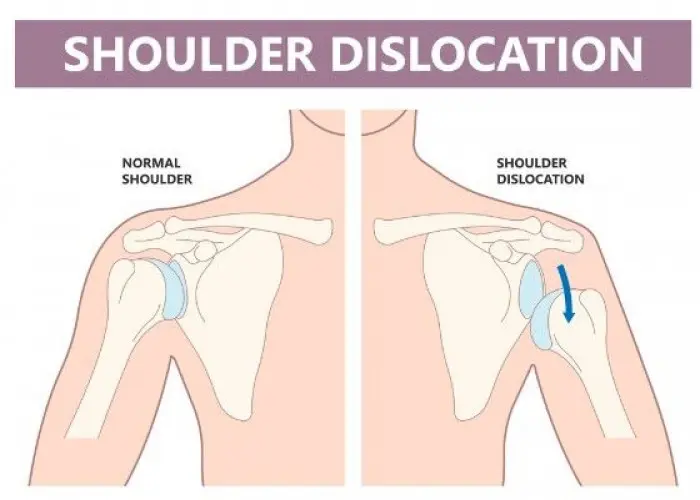
Dislocated shoulder

Blepharitis
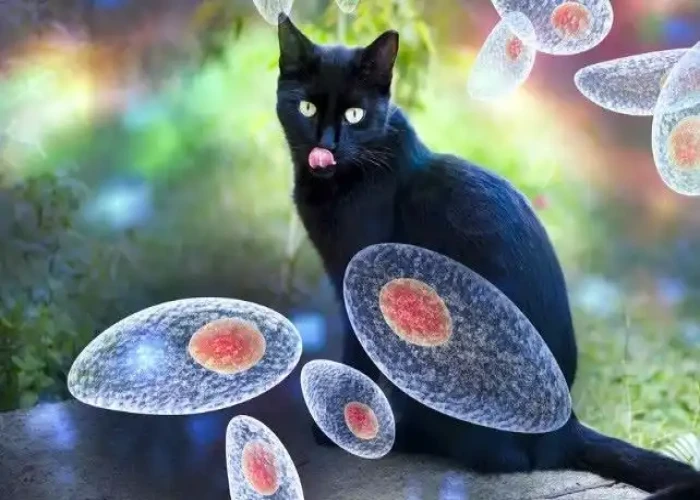
Toxoplasmosis
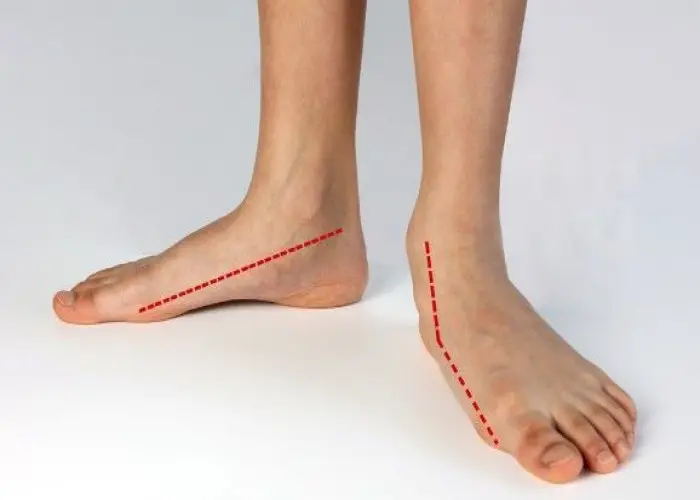
Flatfeet
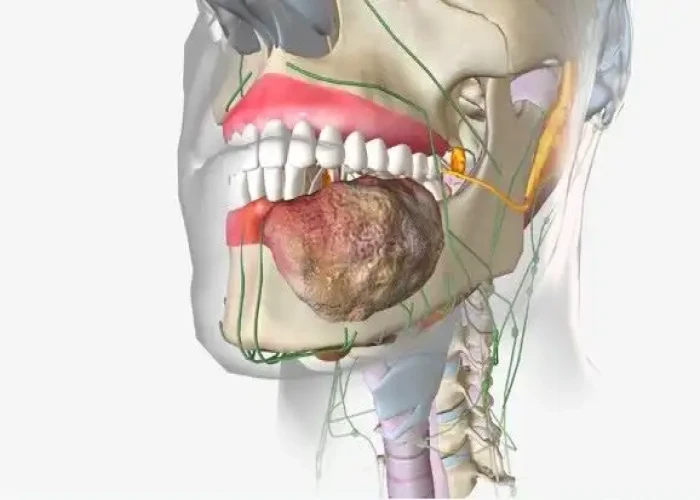
Soft palate cancer

Rotavirus

Bursitis
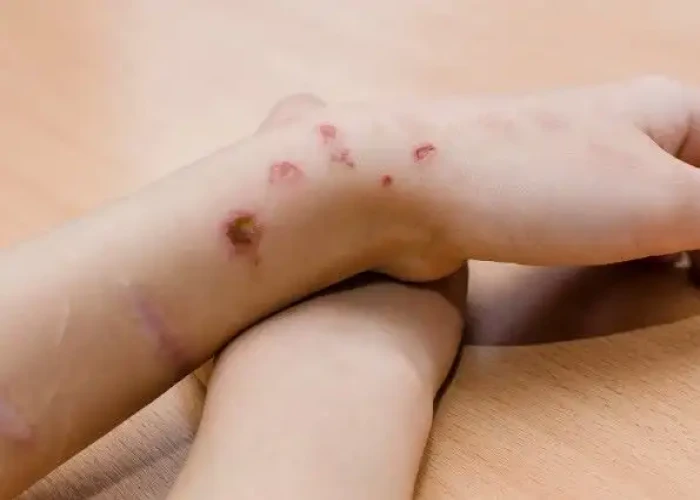
Self-injury / cutting
peritonitis, পেরিটোনাইটিস
To be happy, beautiful, healthy, wealthy, hale and long-lived stay with DM3S.
